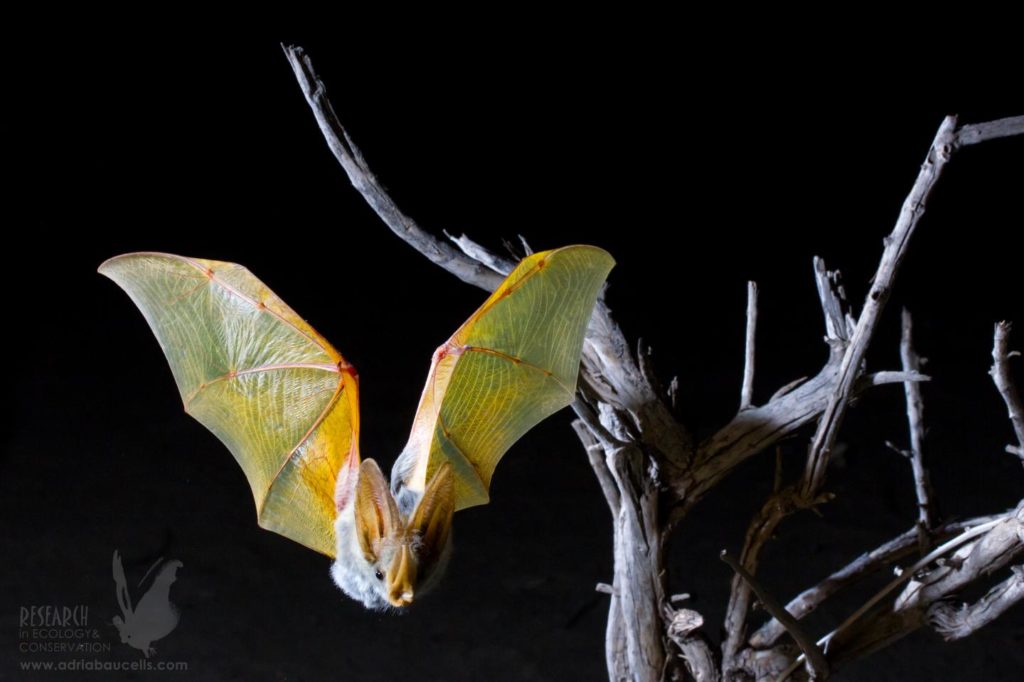
Hi everyone! I hope you all had a good week! I’ve had a wonderful past couple of weeks because I was on vacation in Maine and Quebec.
There has been a new study from the University of Helsinki, where researchers working along the shores of Lake Turkana in Sibiloi National Park in Northern Kenya attached mini satellite tags to desert bats in order to better understand their lives.
Researchers attached 1g GPS devices to yellow-winged bats to follow their movements. Yellow-winged bats are one of the few desert bats in Africa that are large enough to carry the recorder without it interfering with their nightly routines. These tags were placed on 29 bats, 15 in the rainy season and 14 in the dry season. Their locations were recorded every 30 to 60 minutes every night. The study showed that during dry spells, the bats adopted longer home ranges and were active for longer periods of time. This is most likely to compensate for food shortages.
Using the tags, scientists found that during drier times, desert bats need to fly further and for longer periods of time to find enough food to survive. This shows that these bats struggle during such dry times.
